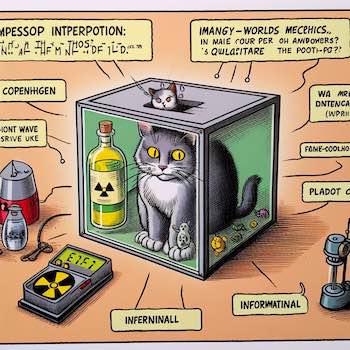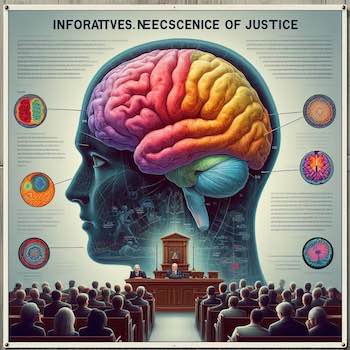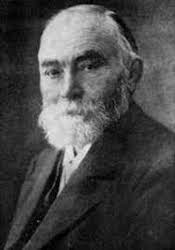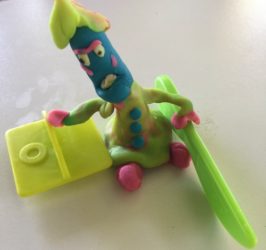Is reality only made of waves?
Vlatko Vedral, a physicist at Oxford, argues that reality is made only of waves and that the obsolete wave-particle dualism must be completely abandoned. This position is eliminatory reductionism. It denigrates the existence of the complex dimension of reality. I will show how it reintroduces a dualism, that of reality and spirit. The reductionist discourse … Read more










